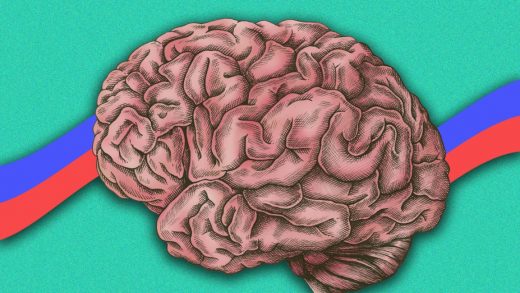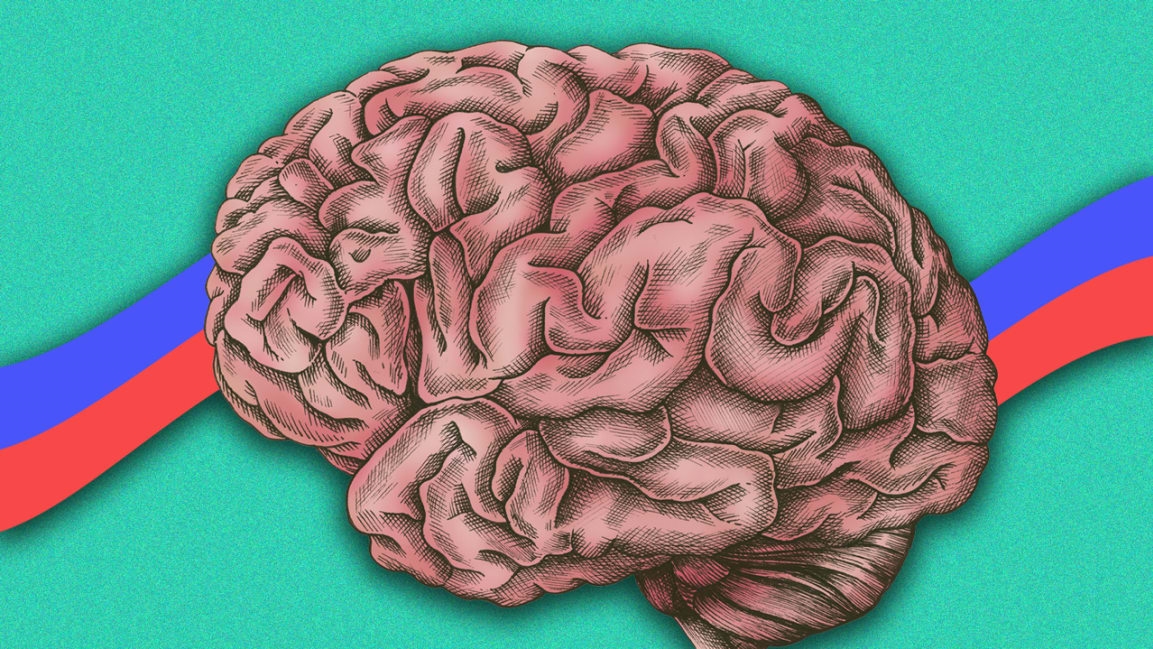Politicians, take note: Unaffiliated voters have distinct brain patterns, MRI scans reveal
The third of U.S. voters who are unaffiliated with a party are not just indecisive or cagey about their true leanings. Their brains share a pattern of activity.
A team of political scientists, neuroscientists, and psychiatrists from New York University, UC San Diego, the University of Texas, and the University of Exeter analyzed MRI scans of 110 people in the United States while asking them to carry out tasks. The 37 nonaffiliated participants showed consistently different brain activity when asked to consider a financial decision with risk or guaranteed payoff. The differences appeared in brain regions involved in social cognition, which suggests a differing set of attitudes and engagement with people and social groups.
Brain scans accurately indicate which areas of the brain are active in a number of people; they are imprecise on individuals and typically lead to further research with other methodologies, in this case to pinpoint differing personality and social traits. This study adds to an oeuvre on differing brain structure and function in political groups, though nonaffiliated voters have largely been ignored.
Lead author Darren Schreiber, a senior lecturer in politics at the University of Exeter, has been studying swing voters for a decade and hopes that this study will end the perception that nonaffiliated voters are covert conservatives or liberals who failed to register with a party. “This has important implications for political campaigning. Nonpartisans need to be considered a third voter group,” he said in a release.
For example, other research has shown that negative campaigning deters unaffiliated voters from the polls. “Positive campaigning may be important in winning their support. While heated rhetoric may appeal to a party’s base, it can drive nonpartisans away from politics altogether,” Schreiber adds.
(19)



